Maid-of-the-mist is a rare meadow-rue that is uncommon throughout its range. Although it is listed as G4-apparently secure, in PA it is considered endangered/critically imperiled.
Find it in the wild
Thalictrum coriaceum is native in PA just west of the Appalachian mountains. Although not historically an eastern PA native, there are also native populations just south of us in the northeastern corner of Maryland. I am including this under the local ecotype category based on where I sourced my seed, who aims to only provide plants/seeds from as close as possible (northern ecotype).
Thick-leafed meadow rue grows in rocky, open wooded habitats and areas with
rich, moist soil in mountain or Piedmont terrain. Its natural range is from
Pennsylvania south to Tennessee and Georgia; while it is
present in Kentucky, it may be exotic in that state. (Source: PNHP)
Plant it in your garden
Maid of the mist is a wind-pollinated, dioecious plant. If you want any chance of obtaining seed, you’d want to plant several next to one another. Mass plantings are ideal. As a species sensitive to disturbance, ensure that it is growing in organically rich, well draining soil and keep it mulched so it doesn’t dry out. As an open woodland species, this would do best in garden locations protected from harsh afternoon sun, and can handle dappled shade.
As a relatively tall species, it can do well in a background layer. However, this is not an imposing plant, and its structure is quite open. Nobody would mistake this for a weed. One possibility would be to create a somewhat tall and airy hedgerow of these plants along a meandering path, or as an airy screen. Think of it as a garden equivalent of a translucent room divider.
Despite being wind-pollinated, I have seen insects visiting the male flowers on other species. Hoverflies in particular seemed attracted to the pollen, even fighting one another over it. It’s quite entertaining to watch, because they look like bumper-copters when they try to bump one another away from the flowers.
My experiences growing this plant
This particular species is new to me, but I am not new to growing Thalictrum. Although they can get tall, they should not require staking. Floppy plants are typically the result of a poorly sited plant with this genera (full shade, compacted soil). They can tolerate it, but they might not look their best. This one may be a little more sensitive to less-than-ideal conditions. I am testing them in a few locations in the garden to see just how much they can handle.

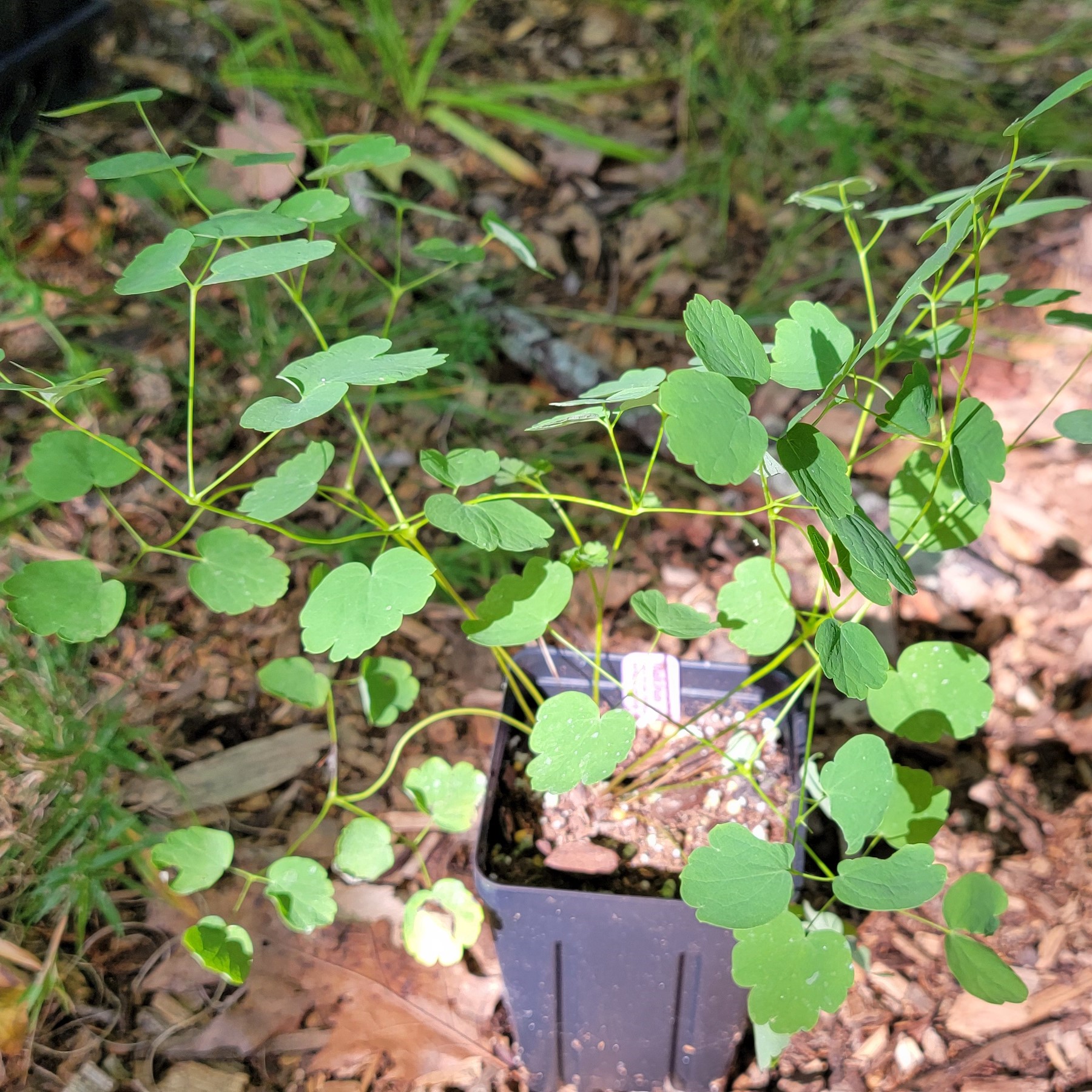


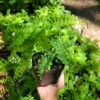
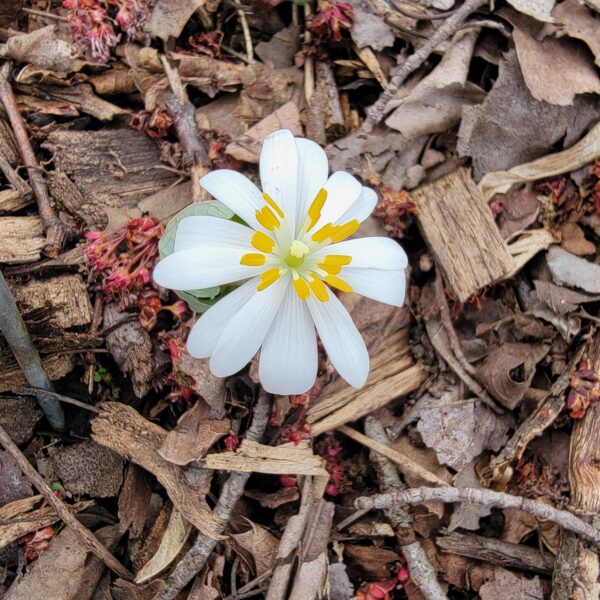
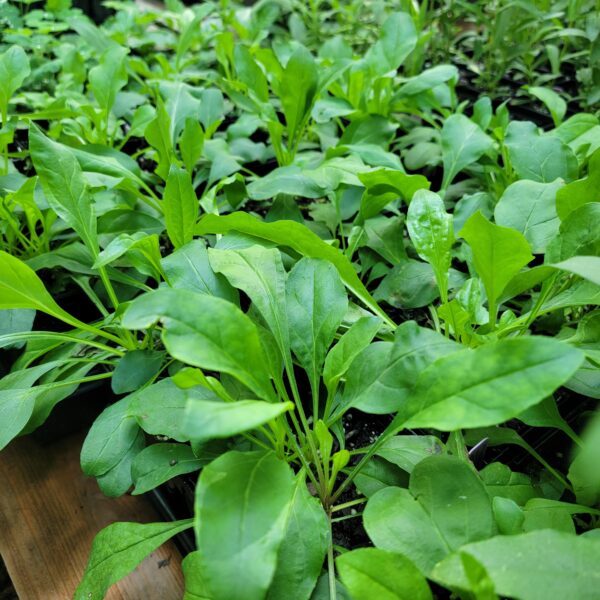





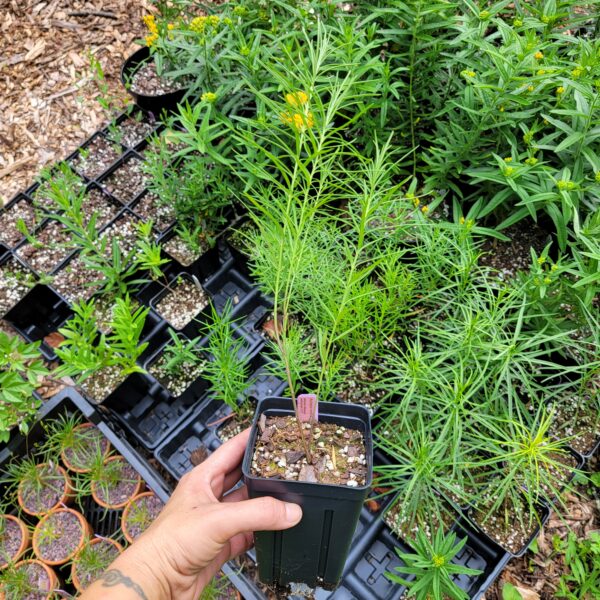

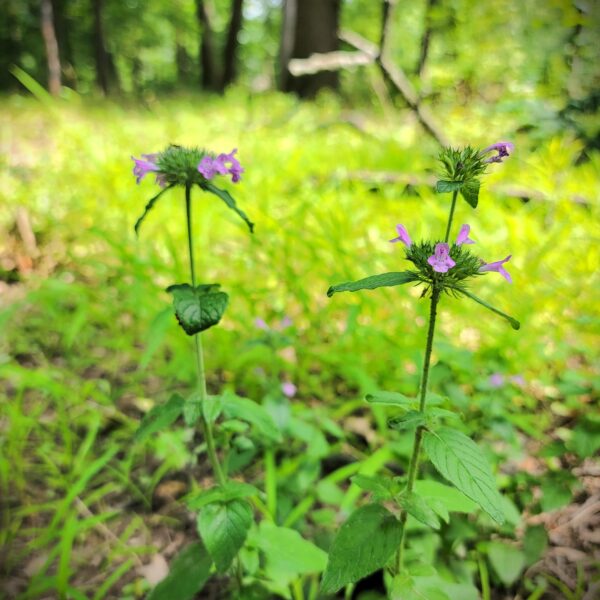

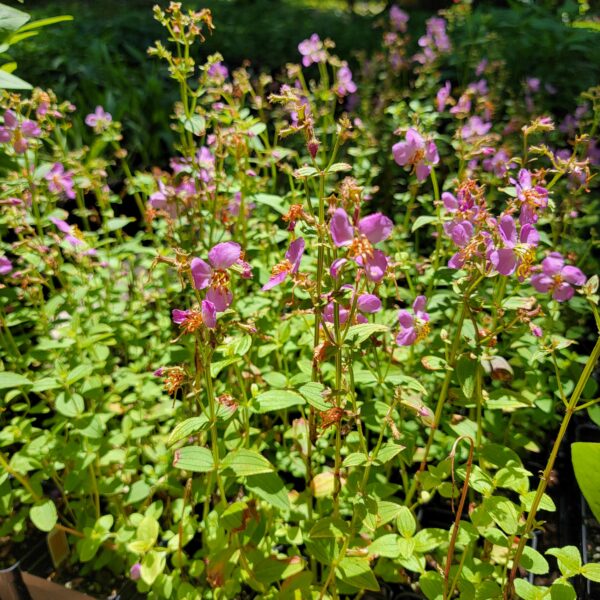

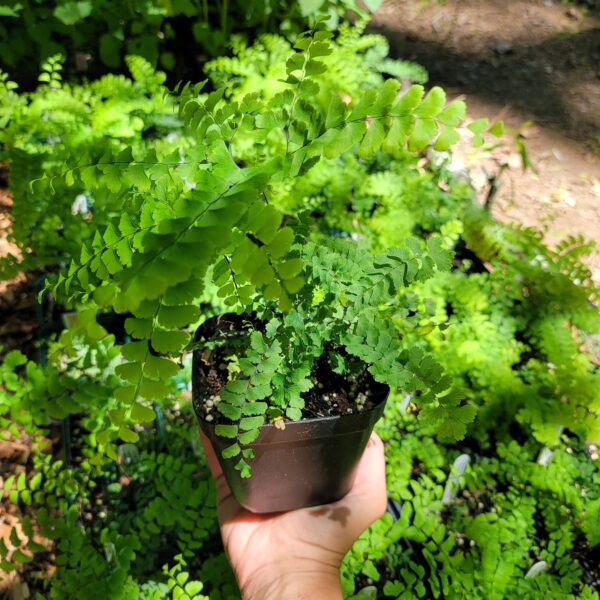
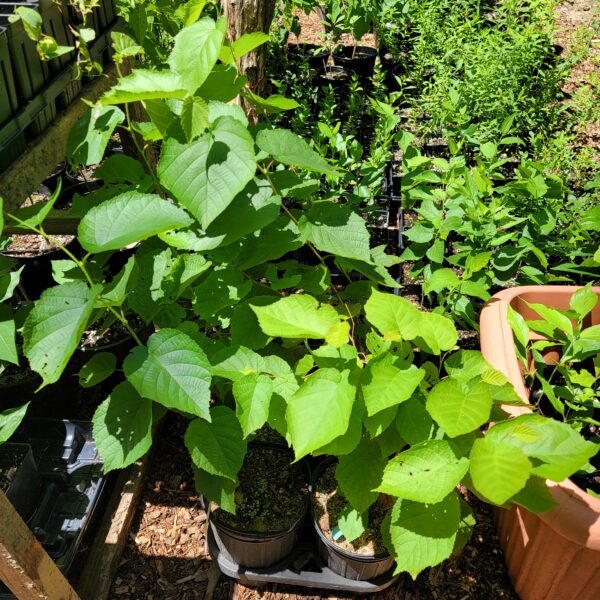

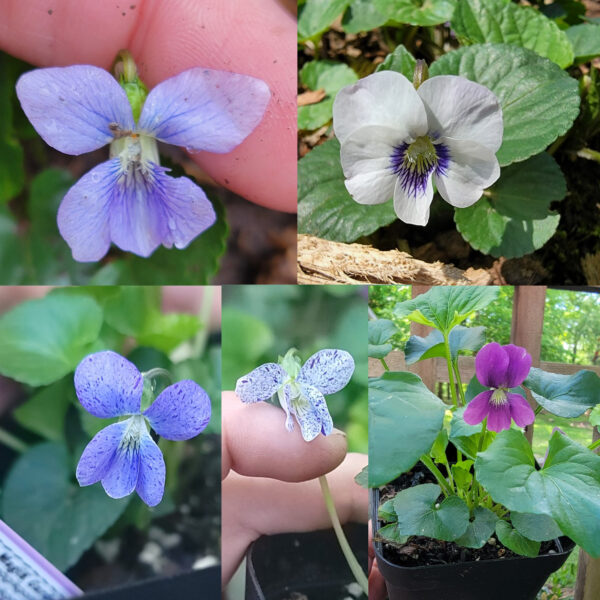

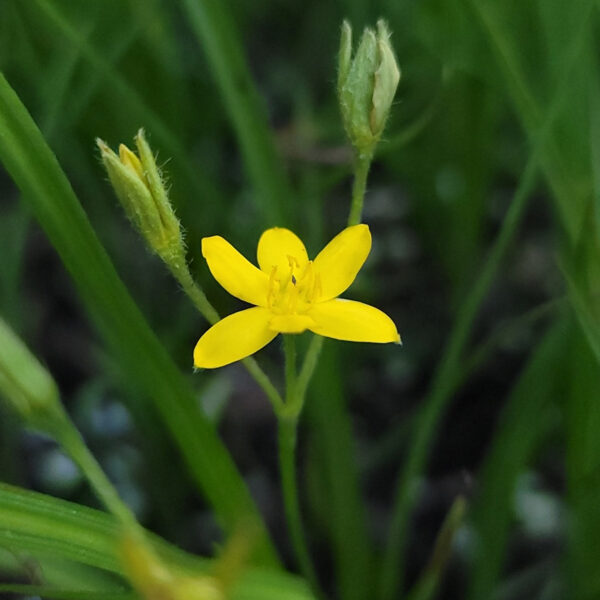

Reviews
There are no reviews yet.